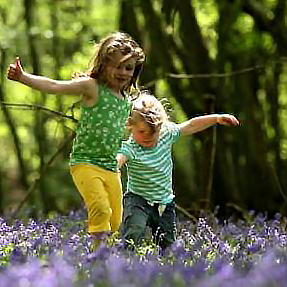
Well-being
Well-being and sustainability go hand in hand. What is good for people is also good for the planet, and what is bad for the planet must ultimately be bad for people.
However, most countries aspire to greater economic growth and increased consumption and education systems reflect the aspirations of the culture they are part of. It is a telling fact that the countries with the highest education levels also have the highest ecological footprint.
But Education for Sustainability challenges the aspirations for growth and allows us to imagine a better future for all. It encourages students to reflect on how our values, beliefs and behaviours affect our collective ability to create such a future.
Why learn about well-being?
Many people are beginning to see that the drive for continuous economic growth is leading to unwholesome lives of over-consumption; consequently, over-consumption leads to the bankruptcy of nature. The answer to both of these problems is to reduce our ecological footprints to sustainable levels. As has been proven, doing so will not reduce our well-being, indeed it will enhance it. Study after study report that over-consumption leads to a variety of physical, mental and social health problems.
The healthiest way is to BE more, not HAVE more; after all it’s called well-being and not well-having. The Earth Charter puts it well:
“We must realise that when basic needs have been met, human development is primarily about being more, not having more.”
This being the case, children should be provided with the knowledge to discern between consumption that is instrumental in promoting well-being, and consumption that is unnecessary and therefore wasteful and harmful.
